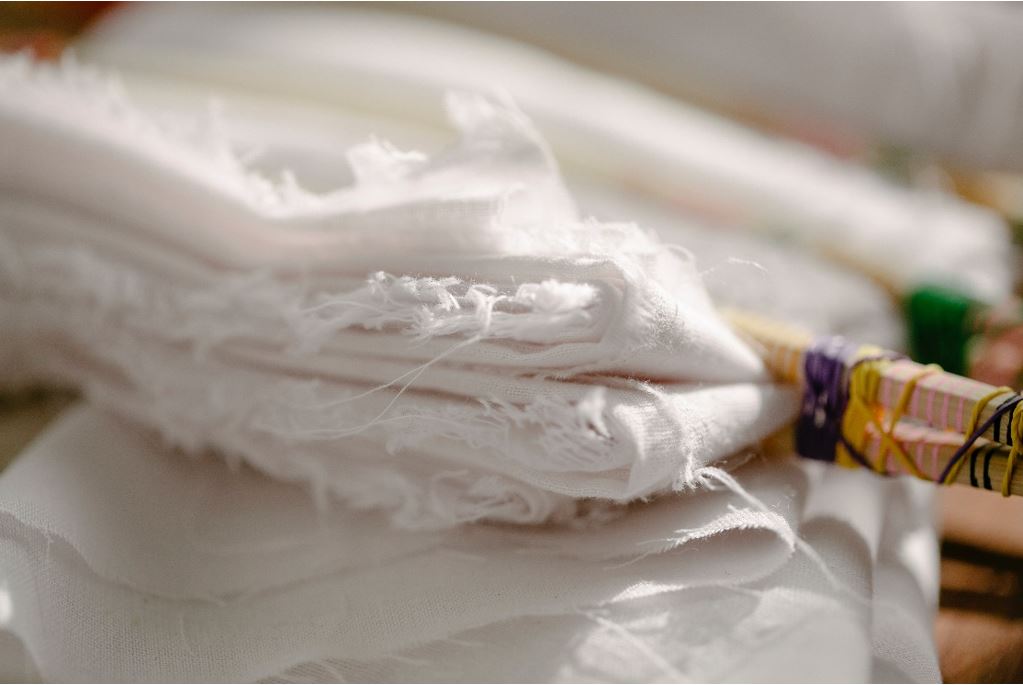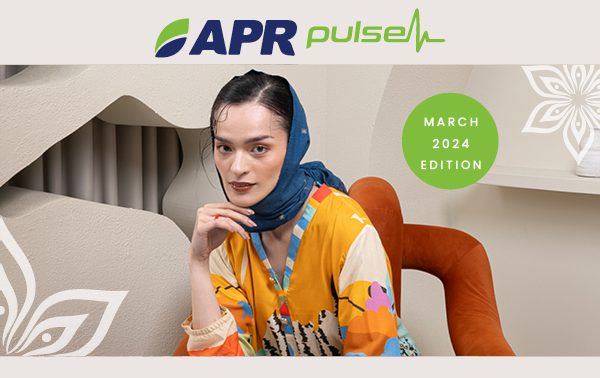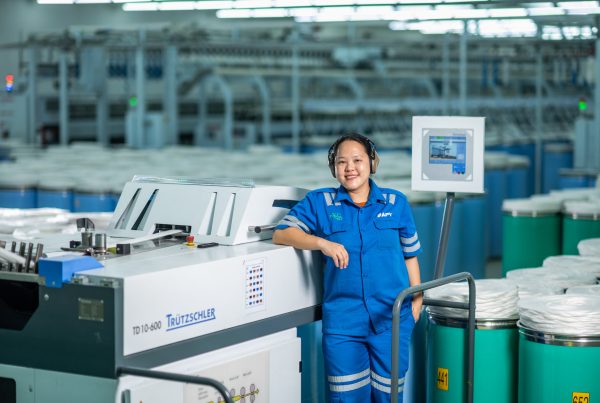In 2021, Asia Pacific Rayon commissioned a study by Closed Loop Fashion and Reverse Resources to survey, map, and identify potential sources of pre-consumer textile waste supply from textile factories in Indonesia, Bangladesh and Sri Lanka. All three are major textile and apparel producing countries.
The backdrop to the study was the growing issue of textile waste. Every year, more than 92 million tonnes of textile waste ends up in landfills and rivers, even though up to 95% can be recycled. With the continued rise of consumer demand for apparel, the world needs to address this issue. One area for solutions is to recover and recycle this waste. But the textile industry needs to develop new expertise on waste collection systems, returns logistics, and sorting infrastructure.

The study was designed to inform Asia Pacific Rayon’s plan to create a stable supply line to feed its planned future recycling plant with an installed capacity of 12,000 tonnes per year. Once operating, this facility will convert cotton and cotton-rich textile waste and viscose textile into new materials.
Researchers for the study conducted interviews at 106 factories, waste-handling facilities, and recycling plants in Indonesia, Bangladesh and Sri Lanka to understand their sources. The study assessed different types of recovered waste, including landfill gas, and repurposed waste. At the same time, researchers worked to identify the best textile waste for recycling efforts. The study also focused on the availability of high-value waste, like 100% cotton, and low-value waste, like blended textiles such as polycotton.
The study found that Bangladesh and Indonesia are excellent sources of recyclable material. Together, the two countries produce 340 kilotonnes per year of 100% cotton and 286 kilotonnes per year of polycotton. Bangladesh is home to a robust but informal textile scrap market, with large producers already separating and selling their waste. The country is also a producer of pure white cotton that is ideal for high-quality recyclate, Indonesia is not a cotton-producing country.
However, Indonesia requires further development of waste segregation systems at factories, better local logistical infrastructure, and a pricing structure to support a local waste resale market.
Based on the findings of the study and a number of other factors, such as the location of the company’s operations and priority markets, APR’s immediate focus, in terms of sourcing textile waste for recycling, is Indonesia. The company will incorporate learnings from other countries to develop local frameworks that support small businesses and improve livelihoods, while also investing in infrastructure to allow for the processing of recycled textiles locally.





